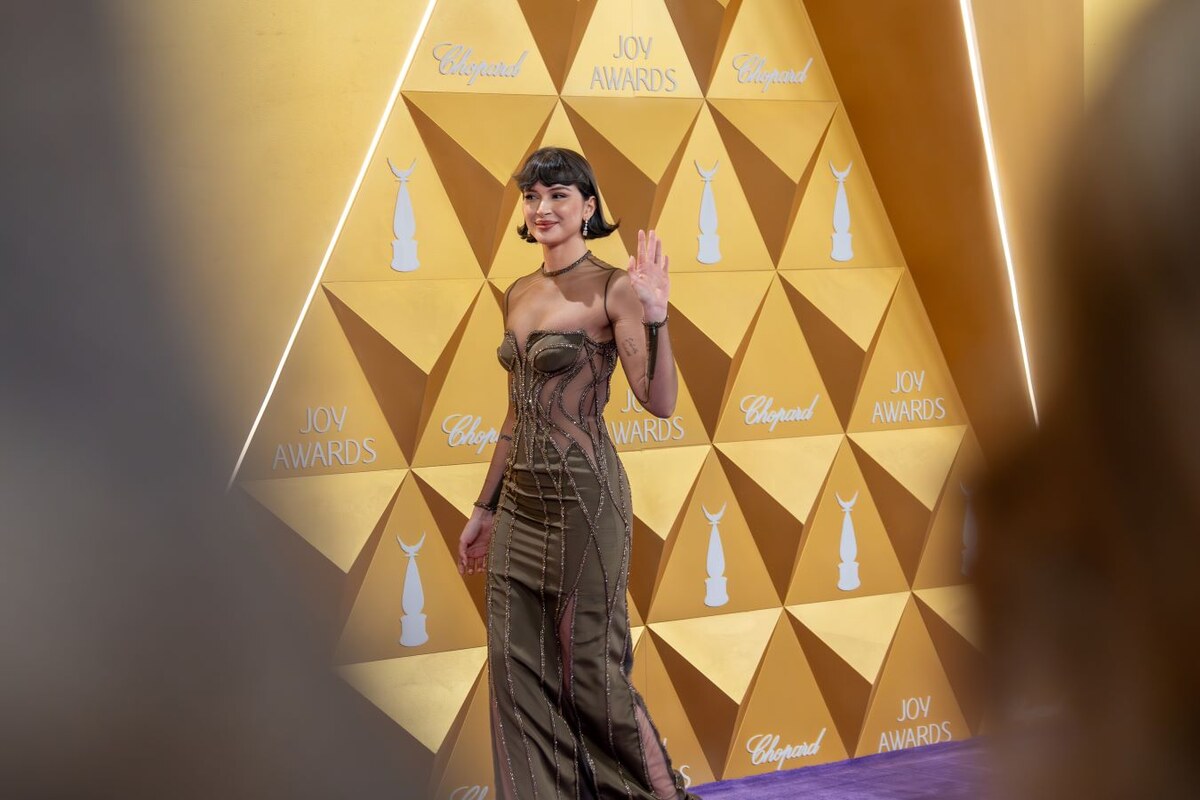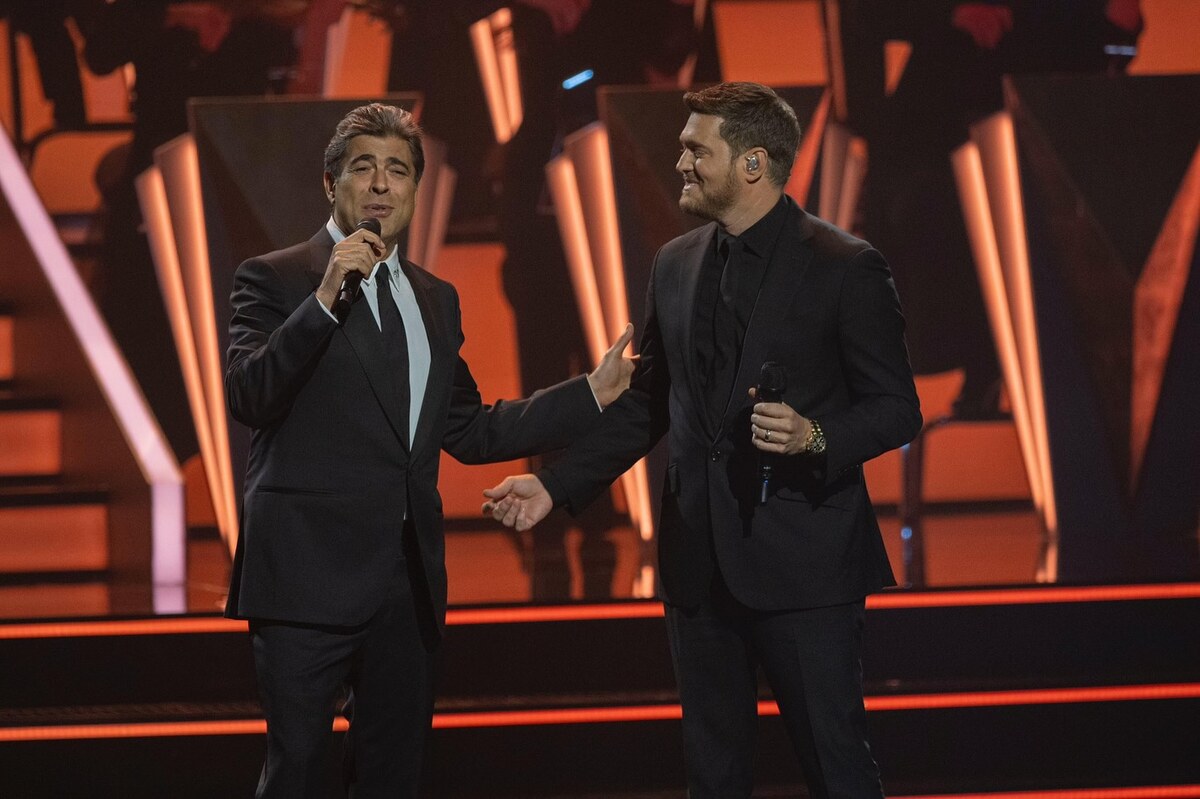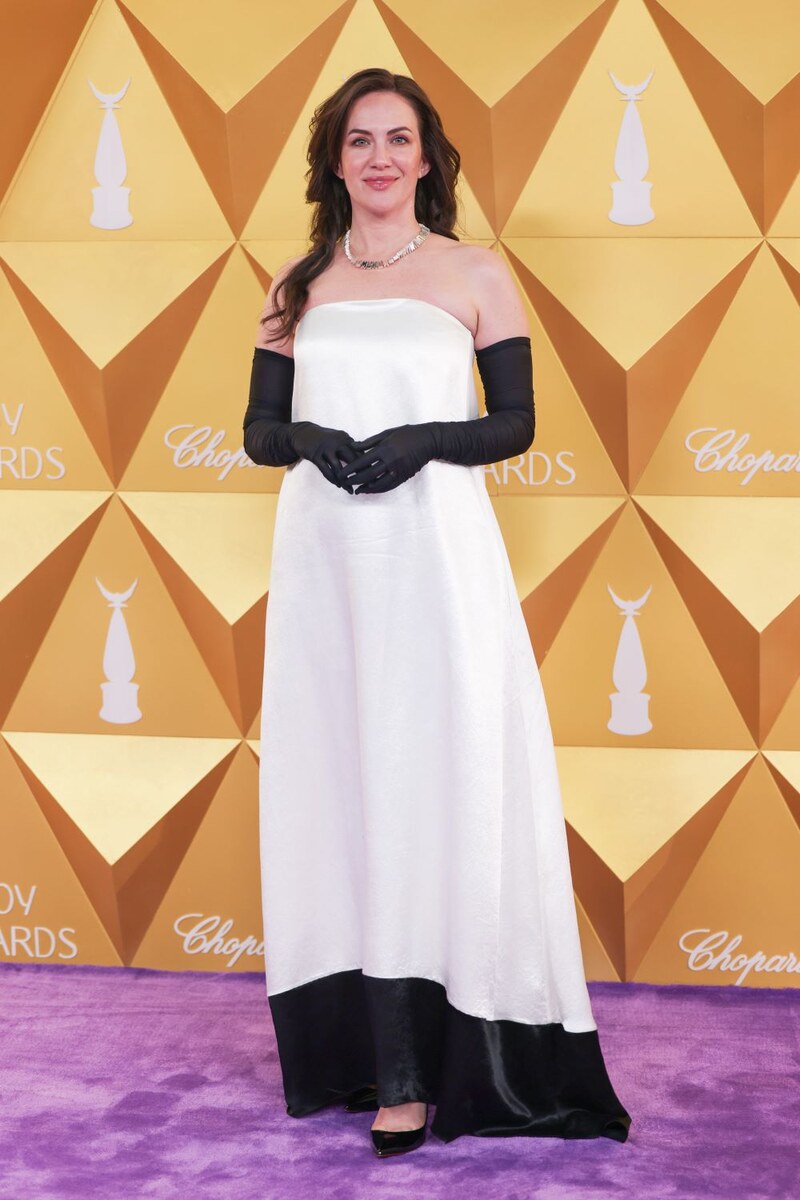LONDON: Taylor Swift kicked off the first of five sell-out London shows on Thursday, taking to the stage a week after concerts in Vienna were canceled due to a foiled suicide attack plot.
The American star’s return to Wembley Stadium, where she performed for three nights in June, ended the European leg of her recording-breaking “Eras” tour.
In addition to events in Vienna, the shows come two weeks after three girls were killed in a mass stabbing at a dance class themed around her music in northwest England.
The 34-year-old appeared on the Wembley stage for her hit song “22” wearing a T-shirt bearing the words “a lot going on at the moment” — a fashion statement interpreted as a reference to both incidents.
Fans flocked to Wembley to revel in the pre-concert atmosphere, despite heightened security.
Three alleged Daesh group sympathizers have been detained in Austria over a plan to launch an attack using explosives and knives on the Swift concerts.
London police said there was “nothing to indicate” any links between the Vienna events and Swift’s gigs in the UK capital in front of 90,000 fans.
But it was working “closely with venue security teams and other partners to ensure there are appropriate security and policing plans in place.”
Extra security, including additional ticket checks, hundreds of stewards and extra restrictions, did not dampen the spirits of so-called “Swifties” out in force Thursday.
“It doesn’t feel real, that it’s actually happening!” Katie Moulson, 24, told AFP as she arrived at Wembley.
Fans were decked out in glittery skirts, tasselled jackets, cowboy hats and stacks of friendship bracelets as they descended on northwest London.
“After Vienna, it’s good to hear that they’ve upped the security,” student Brodie MacArthur, 23, told AFP, as she arrived wearing a long white dress inspired by Swift’s latest album, “The Tortured Poets Department.”
“In the back of your head, there’s still worries. But there are a lot of people here to keep it safe,” she added.
Following the UK knife attack, Swift said she was “completely in shock” and at a “complete loss for how to ever convey my sympathies to these families.”
Her fans launched a fundraiser for the victims, which raised nearly £400,000 ($514,000) under the banner “Swifties for Southport.”
The tragedy “made you realize how much Swifties need each other,” MacArthur noted. “Because obviously there’s been such horrible events, that just brought us all together more.”
Swift has not yet commented on the plot on the Vienna shows.
“I think she’s just ready to come back and perform,” said Lauren Thies, 19, who has attended five previous Swift concerts with her mother, Denise.
“She loves performing for her fans,” the teenager added.
Fans from around the world traveled to Wembley, where Swift is performing more “Eras” tour shows than anywhere else.
“I was worried, because this is the first concert after that (Vienna). So I was afraid to look at my phone and see something,” said Denise, who flew in with Lauren from US state New Jersey.
“I was really nervous, I thought for sure she would consider canceling her shows here,” said Juan Ramirez, 28, another American who took an 11-hour flight from California for the event.
“It’s been an agonizing anticipation of the concert. But we’re finally here and I love it,” Ramirez added, dressed in a pink outfit, including a bandanna and heart-shaped sunglasses.
Ahead of the performance, fans sang Swift’s songs and exchanged bracelets with each other, a tradition among Swifties during the tour.
Moulson, from Suffolk in eastern England, and donned in DIY sparkly purple boots and a tinsel-lined jacket, dolled out bracelets to some of the security guards.
Denise said she has made more than 400 bracelets for her daughter and their friends.
Both of them have a bucket list of London spots mentioned in Swift’s songs they will visit after the concert, including the Black Dog pub in Vauxhall, south London, namechecked in her latest album.
“Since she’s doing five nights here. It’s going to be very meaningful to her,” Lauren said about the concert.




































